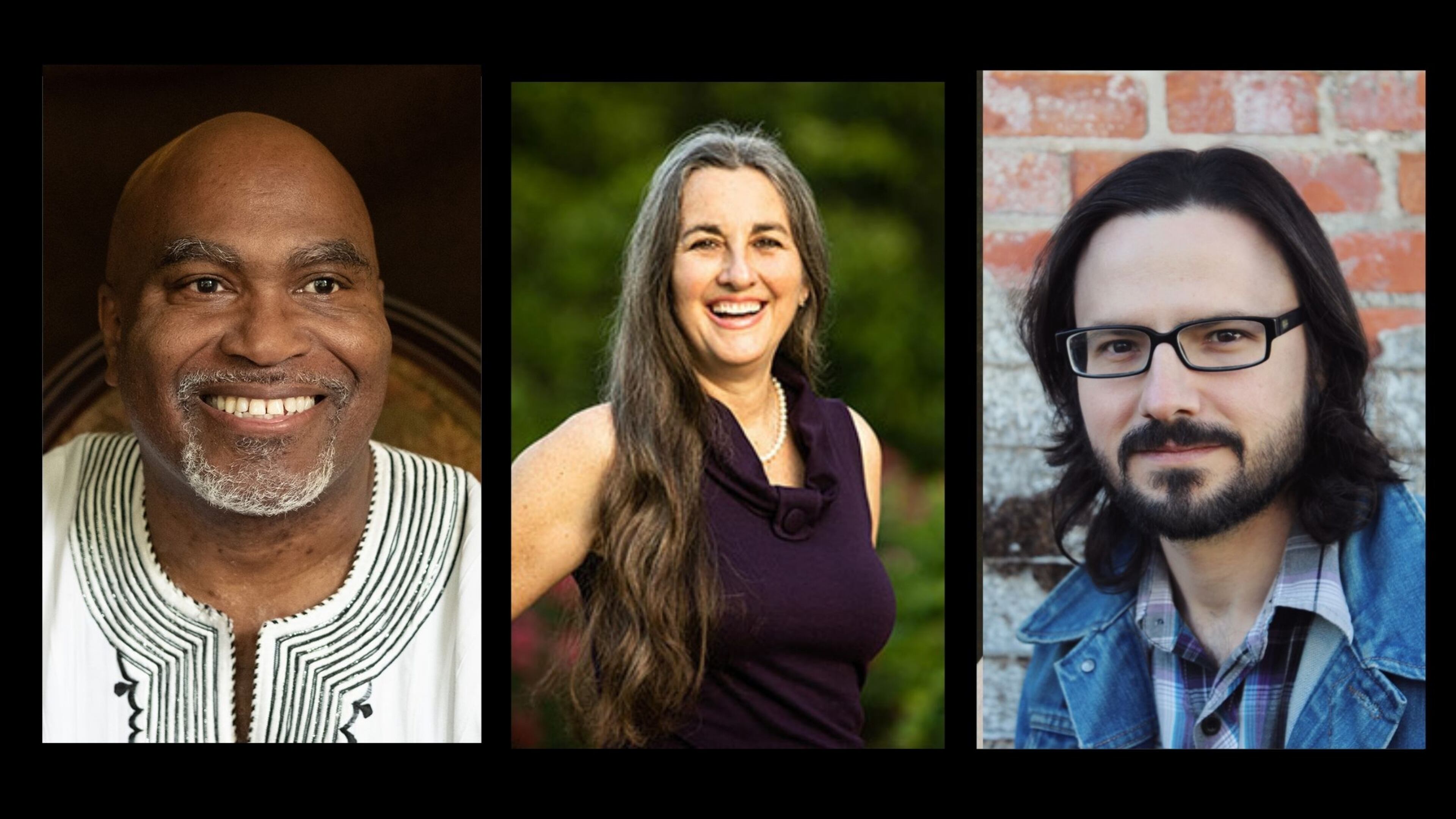Georgia authors share their favorite writing tips

Professional writers know that the path to success is paved with a lot of hard work. True, there are those rare, gifted souls who seem capable of tapping into a vein of brilliance with little effort, but many a genius writer has fallen by the wayside due to lack of discipline.
I emailed some local authors recently, asking them about their key to success, and hard work came up as a common theme. Here are some tried-and-true writing tips from five Georgia writers, including award-winning and best-selling novelists, a renowned environmental writer and a debut author.
“I have lived my writing life by one simple mantra: Get in the chair,” says Taylor Brown, whose fifth novel, “Wingwalkers” (MacMillan, $27.99), comes out April 19. “I credit Georgia-born writer Harry Crews for this piece of advice, though Harry put a harder point on it: ‘Put your ass on the chair.’ In my opinion, there’s nothing more important for any writer, aspiring or established, period. Persistence is the key element — more essential than born talent, formal instruction or striking inspiration.
“In fact, I’ve come to believe that inspiration itself is born from daily practice. As Faulkner said, ‘I only write when inspiration strikes. Fortunately it strikes at nine every morning.’ If you show up, day in and day out, you’ll find that inspiration does as well. Muses aren’t too different from Pavlov’s dogs. Be there to ring the bell, and they come running at supper time.
“Here’s how I do it. I do what I call ‘work-work’ (non-writing) until 2 p.m., then take a nap, change my clothes and head to the café where I write. I sit at the same table, at the same time of day, and drink the same coffee. I don’t answer my phone; I don’t check my inbox. Even if nothing happens on the page, I know I did the most important thing: I showed up. I know I’m one step closer to progress.”

Patti Callahan, whose 2021 historical novel, “Surviving Savannah” (Berkley Press, $17) was published in paperback this week, says, “Write what you are passionate about; write what moves you to tears or fear or joy. And write it from your voice and heart. Don’t write for accolades or praise or to impress someone. Write the truth, even if it’s a made-up story!”
Former AJC staff writer Dan Chapman publishes his first book, “A Road Running Southward: Following John Muir’s Journey Through an Endangered Land” (Island Press, $28), on May 26. His number one piece of advice is all about the research.
“Know your stuff,” he said. “You must become an expert on whatever you write about. If it’s non-fiction, it should be obvious that you must do your homework. Facts matter, believe it or not. Nothing makes me throw a book down quicker than a silly error or lame research.
“Read everything — books, newspaper clips, studies, interviews, maps, historical texts, scientific treatises, etc. — on every factual point in your book. Interview everybody you can think of, and ask each person who else you should talk to. Visit every place that might figure into your work, and take your time soaking up the details. Good fiction, too, demands a mastery of subject matter. Don’t be lazy.
“You don’t, obviously, have to attribute everything in fiction, nor in non-fiction. The exhaustive reporting allows you to write with authority, which makes the writing that much easier.
“I prefer to do most of my reporting before I put pen to paper. But I realize that’s not really possible when writing at length. Ideas crop up as you write that require more digging, more library visits (I love libraries for research and for writing), more conversations with more sources. Follow each and every lead. You’ll be amazed where they lead.

“I do believe, though, that you need to have the bulk of your thinking, plotting, pace, scene-setting and character-building out of the way before you begin writing. Maybe it’s the old journalist in me who freaks out about nailing down the 5 W’s before I can even begin writing a story. Writing and revising (and re-revising) outlines is critical, too, a never-ending process that will help steer the narrative.”
Daniel Black, associate professor at Clark Atlanta University and author of the recent novel “Don’t Cry for Me” (Hanover Square Press, $26.99), says, “If my brain were chained and I could give only one piece of advice to an aspiring writer, I would say this: Learn the rules of the language. Take the time to discover the sign posts of grammar and mechanics so that your manipulation of words and ideas is intentional and literarily clever. You can best obfuscate the rules by knowing them. This invaluable skill allows an adroit writer to introduce readers to ways of saying things that excite the mind and expand the imagination. Without these tools, a writer is incarcerated by the limitations of popular discourse and often falls into the trap of writing only as he/she speaks.”
Environmental author Janisse Ray, who published a collection of essays last fall called “Wild Spectacle: Seeking Wonders in a World beyond Humans” (Trinity University Press, $25.95), puts it in perspective with this: “Make your stories worth the trees they destroy. We’re trying to save a world here.”
Suzanne Van Atten is a book critic and contributed editor to The Atlanta Journal-Constitution. Contact her at svanatten@ajc.com and follow her on Twitter at @svanatten.

